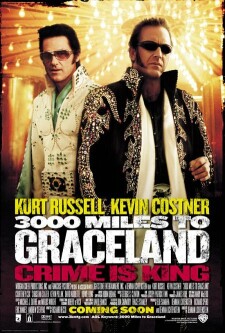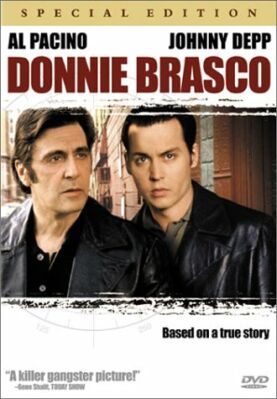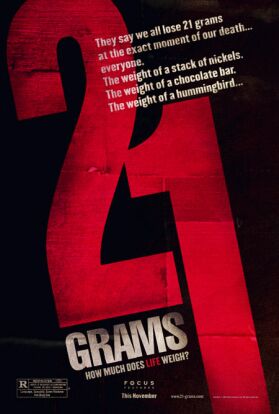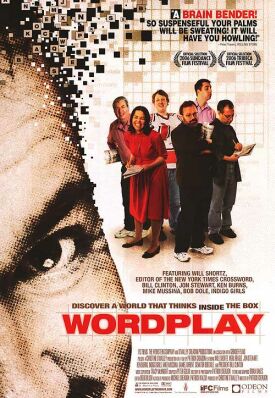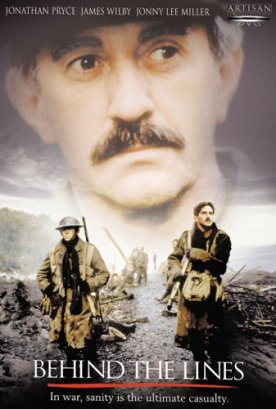3000 Miles to Graceland
3000 Miles To Graceland, a heist movie whose connection to Elvis is
extremely tenuous, does persuade us of one thing: that Kevin Costner is much
better as a villain than he is as the sensitive, silent, wounded hero he has
been playing for most of his career. The trouble is that the villain is as much
over the top in his way as the hero was in his. This is the besetting sin of the
American cinema and will continue to be so until children (for whom most
American movies are made) and the parents who at present seem to be quite happy
to send them off to look at rubbish like this begin insisting on something more
than murders and explosions in their movies. Murders and explosions are all very
well in their way, but they have to be put into some kind of moral context. The most basic sort of realism, the sort that it used to be taken for granted that any adult would insist upon, surely demands it. But Graceland represents the most dismaying tendency
among many in Hollywood today, which is almost completely to ignore moral
context.
In fact, it would be difficult to overstate the moral anarchy represented by
this picture. One reason why Costner’s
villain, who is called Murphy, is absurdly excessive in his villainy is so that
the other villains will look good by contrast. But there are only villains here,
unless you count the two federal marshals who are given almost nothing to do but
make wisecracks and follow the villains around with pins on a map. The nearest
thing to a hero is Mike (Kurt Russell), an ex-con who gets conned by the
luscious Cybil (Courteney Cox) and her adorable little son, a budding thief
called Jesse James Waingrow (David
Kaye) — until both mother and son fall
in love with him. He doesn’t kill
quite so many people as Murphy and seems to take less delight in killing, so I
guess you could say that the filmmakers appeal to a certain rudimentary moral
sense in their audience. But just making the other members of the gang, who
include Christian Slater, David Arquette, Bokeem Woodbine and Howie Long look
like pigs is not in itself enough to make him look good.
On the contrary, the body count of law enforcement officers and security
guards is so unnecessarily high that anyone who is one grade above moral idiocy
must reject the film’s whole premiss,
which is that (relatively) good-hearted Mike deserves to get away with the money
and the girl (and the boy). True, his situation with respect to the ditzy Cibyl
and that scamp Jesse is occasionally reminiscent of screwball comedy, and like
the federal marshals he displays a dry wit with a number of funny wisecracks
about it. But it is not enough. It is not enough. The laughter dies on our lips,
proving about as funny as Elvis
impersonation — which once, believe it
or not, seemed like a good joke. Having the robbers in Elvis costume join
hundreds of other bogus Elvises as cover for their robbery of a casino may
possibly not be intended to be
funny — it’s
hard to tell — but it is in fact a
perfect metaphor for the tiredness and cynicism of the whole endeavor.
It also has some kind of thematic purpose, since the wicked Murphy also
believes himself to be Elvis’s
illegitimate son and this belief is somehow connected (understandably, the
connection is left vague) to his wickedness. But
that’s about as far as the film goes
in the direction of subtlety and psychological insight. There is one genuinely
funny line, when Murphy picks up a teen hottie after killing her fat old
boyfriend and, having invited her into his car, offers her a cigarette.
“Smoke?”
he asks.
“No,”
she replies. “But I do everything
else.”
But you can see that and, as is so often the case these days, all the other
best bits of the movie in the preview trailer. For the rest, as in many films
which fall short of genuine wit and are devoid of narrative coherence,
plausibility or moral sense, style is everything. The writing, by Richard Recco
and Demian Lichtenstein and the direction by Mr Lichtenstein offers a richness
of bizarre situations and cinematographic trickery designed to make us forget
the moral and narrative poverty, but the various bits of time-lapse and
stop-motion and other photographic cleverness are largely derivative. Guy
Ritchie of Lock, Stock and Two Smoking Barrels and Snatch would
appear to be an influence here, but Mr Lichtenstein
hasn’t got anything like
Ritchie’s skill in plotting.
Even in its own terms the film is a feeble effort. The plot-twists lead
nowhere and swiftly have to be untwisted. One character allows himself to be
shot not once but twice, and after each time reveals himself as having been
wearing a bullet-proof vest. The trick is lame once and pathetic twice. The hero
twice rejects the heroine in emphatic terms before accepting her with no
explanation for his change of mind. Perhaps it is because she effects his
getaway by stealing an ambulance, though how this is accomplished we are not
informed. The driver simply appears saying
“Has anybody seen my
ambulance?” — as if she had
absent-mindedly wandered off. And the computer-animated sequence involving
video-game scorpions fighting to the death which begins the film has no obvious
purpose other than that of the film as a whole, which is to make 12 year-old
boys whisper:
“Cool!”
Discover more from James Bowman
Subscribe to get the latest posts to your email.

